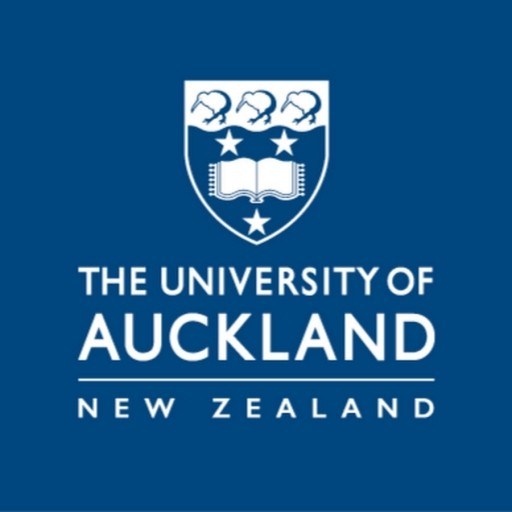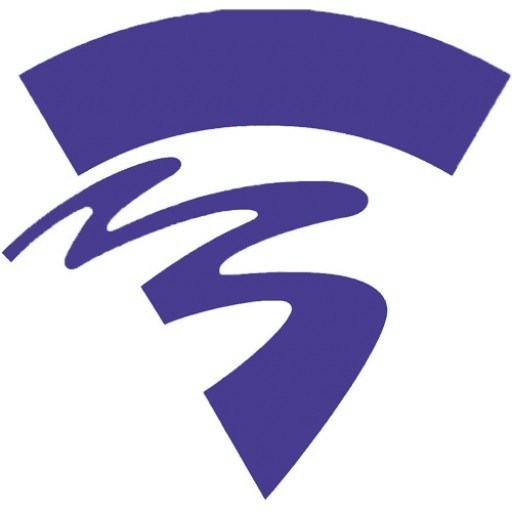Degree Title: Education (Advanced)
Institution: Edith Cowan University
The Education (Advanced) program at Edith Cowan University is designed for experienced educators seeking to deepen their knowledge and enhance their professional practice within the field of education. This postgraduate qualification offers a comprehensive curriculum that addresses contemporary issues in education, including curriculum design, pedagogical strategies, assessment methods, leadership, and educational research. The program aims to equip graduates with advanced theoretical frameworks and practical skills necessary to drive innovation in educational settings, whether in schools, training organizations, or policy development.
Students in the Education (Advanced) program will engage with a range of specialized topics such as inclusive education, digital learning, curriculum development, and educational leadership, allowing them to tailor their learning toward their specific career goals. The program emphasizes critical reflection, evidence-based practice, and leadership development, preparing graduates to take on roles such as curriculum leaders, educational consultants, school administrators, and policy advisors. Through a combination of coursework, seminars, and independent research projects, students will develop a deeper understanding of educational theories and their application in real-world contexts.
The program also encourages collaboration with peers and industry professionals, fostering a vibrant learning community that promotes innovative thinking and professional networking. Delivered through flexible modes of study, including online and on-campus options, the Education (Advanced) program accommodates working professionals and those seeking to advance their careers without interrupting their employment commitments.
Graduates of this program will possess advanced knowledge and skills, enabling them to lead change in educational institutions and contribute meaningfully to the development of education policies and practices. By completing the Education (Advanced) program at Edith Cowan University, students position themselves at the forefront of educational excellence, innovation, and leadership, ready to make impactful contributions to the education sector locally, nationally, and internationally.
The Master of Education (Advanced) at Edith Cowan University offers a comprehensive and in-depth exploration of contemporary educational theories, leadership practices, curriculum development, and pedagogical strategies. Designed for educators seeking to elevate their professional expertise, this program provides a flexible yet rigorous academic pathway to enhance skills and knowledge in various educational contexts. Students will engage with advanced topics such as educational research methodologies, inclusive education, digital learning environments, and policy analysis, equipping them to address complex challenges within educational settings. The curriculum emphasizes critical thinking, reflective practice, and innovative problem-solving, preparing graduates for leadership roles in schools, educational institutions, government agencies, or community organizations. Throughout the program, students have opportunities to undertake practical projects, case studies, and research assignments that foster applied learning and real-world impact. EMphasizing collaboration and professional development, the course encourages interaction with experienced educators and industry leaders through seminars, workshops, and networking events. The program’s structure is designed to be flexible, accommodating working professionals with part-time study options while maintaining a high standard of academic rigor. Upon completion, graduates will possess advanced pedagogical skills, leadership competencies, and a strategic mindset that enables them to influence educational practice and policy. The Master of Education (Advanced) at Edith Cowan University prepares students for meaningful careers in education, research, and policy-making, supporting lifelong learning and continuous professional growth.
University admission requirements apply. All applicants have to have a Bachelor of Education. Alternately applicants could have a Bachelor degree degree in almost every other discipline, plus a Graduate Diploma of Education or a Master of Teaching. Special entry may be viewed for students with a Bachelor degree degree in another field, or a three-year trained teacher, both supported by extensive professional experience, together with equivalents considered.
Funding options for the Education (Advanced) program at Edith Cowan University include a range of financial assistance opportunities designed to support eligible students throughout their studies. Domestic students may access government funding schemes such as the Commonwealth Supported Place (CSP), which significantly subsidizes tuition fees, reducing the financial burden and making higher education more accessible. Additionally, students can explore various scholarship opportunities offered by the university, including merit-based scholarships, equity scholarships, and indigenous-specific scholarships, aimed at rewarding academic excellence and supporting students from diverse backgrounds. These scholarships often provide financial grants that can be used to cover tuition fees, textbooks, and other study-related expenses.
The university also provides a range of up-front and deferred payment options to facilitate flexible financial arrangements. For example, students may opt to pay their tuition fees via a series of installments or utilize income-driven repayment plans in conjunction with government loan schemes such as OS-HELP, which assists eligible students in financing overseas study components associated with certain coursework. International students are typically required to pay tuition fees upfront or secure an approved payment plan; they may also investigate scholarship opportunities targeted specifically at international applicants to offset education costs.
In addition to institutional and government funding sources, students may seek external financial assistance through private scholarships, trust funds, or educational loans offered by financial institutions. These options often require application processes and eligibility criteria, so early planning is recommended. Furthermore, students are encouraged to explore part-time employment options both on and off campus, which can provide supplementary income and valuable work experience—an important consideration given the cost of living and study.
It is important to note that the availability and eligibility for these financial aid options can vary depending on the student’s residency status, academic achievements, and financial circumstances. Prospective and current students should consult the Edith Cowan University financial aid office and review the official university website for the most current and detailed information about funding opportunities, application procedures, and deadlines. By carefully planning and exploring these diverse funding avenues, students enrolled in the Education (Advanced) program can better manage their financial commitments, allowing them to focus on their academic success and professional development.
The Master of Education (Advanced) at Edith Cowan University is designed for experienced educators seeking to deepen their knowledge and skills in the field of education. This postgraduate program offers a flexible study structure, allowing students to tailor their coursework to their professional interests and career goals. The curriculum covers advanced theories and practices in education, focusing on leadership, curriculum development, assessment strategies, and inclusive education. Students have the opportunity to engage with contemporary research and innovative teaching methodologies, equipping them to address complex challenges in diverse educational settings.
The program is structured to enhance critical thinking, research skills, and professional practice, preparing graduates for leadership roles within schools, educational organizations, or policy-making bodies. It typically involves coursework units and a research component, culminating in a major project or thesis that demonstrates applied understanding and scholarly inquiry. The coursework includes a variety of specialized electives, enabling students to explore areas such as digital learning, Indigenous education, special education, and curriculum design.
Educationally, the program emphasizes reflective practice and evidence-based approaches to improve teaching effectiveness and student outcomes. It fosters a community of practice among educators, encouraging collaboration, professional development, and the sharing of innovative ideas. The program’s delivery mode includes on-campus, online, or mixed-mode options, providing flexibility for working professionals.
Applicants to the Master of Education (Advanced) are generally required to hold an undergraduate degree in education or a related discipline and may need to demonstrate relevant professional experience. Admission requirements ensure that students are adequately prepared to engage with advanced academic content and research activities. Upon completion, graduates are well-equipped to pursue leadership positions in educational institutions, policy development, curriculum design, or continue research at doctoral levels, contributing meaningfully to the advancement of education locally and globally.








